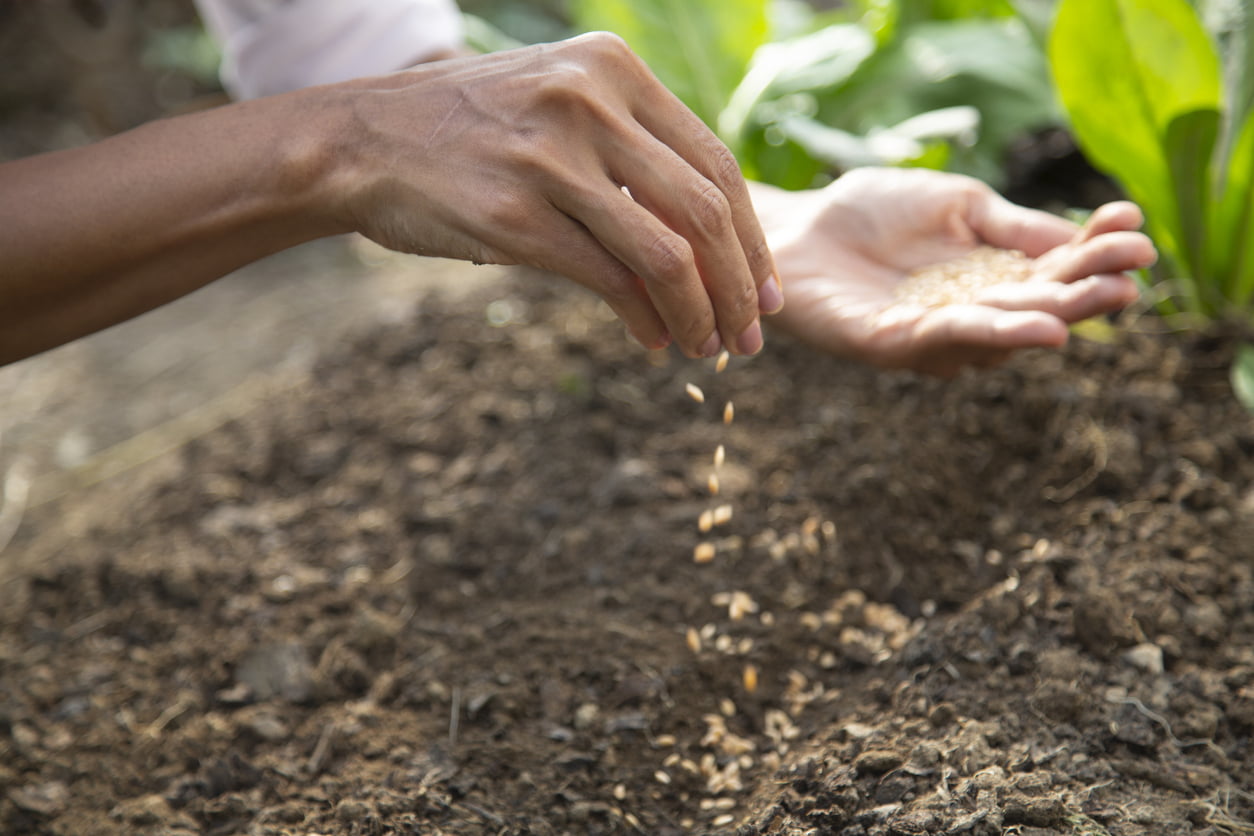“Plant More Milkweed” is a vital conservation effort that goes beyond beautifying landscapes; it plays a critical role in supporting the ecosystem, particularly for Monarch butterflies and other pollinators. Here’s why increasing milkweed populations is so essential:
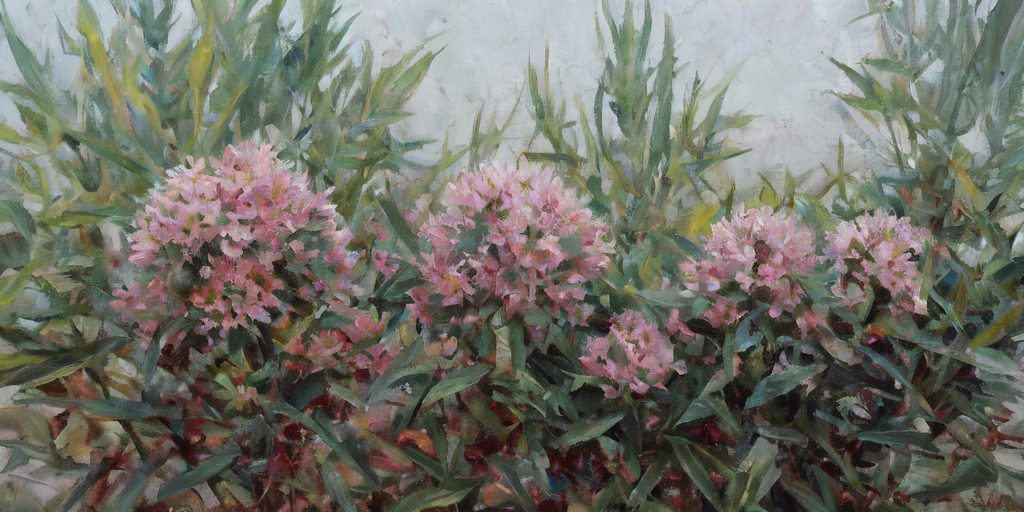
1. Critical Food Source for Monarch Butterflies
Milkweed is the primary host plant for Monarch butterflies. Female Monarchs lay their eggs exclusively on Milkweed, and the caterpillars rely on it as their sole food source. Without Milkweed, Monarch butterflies cannot complete their life cycle.
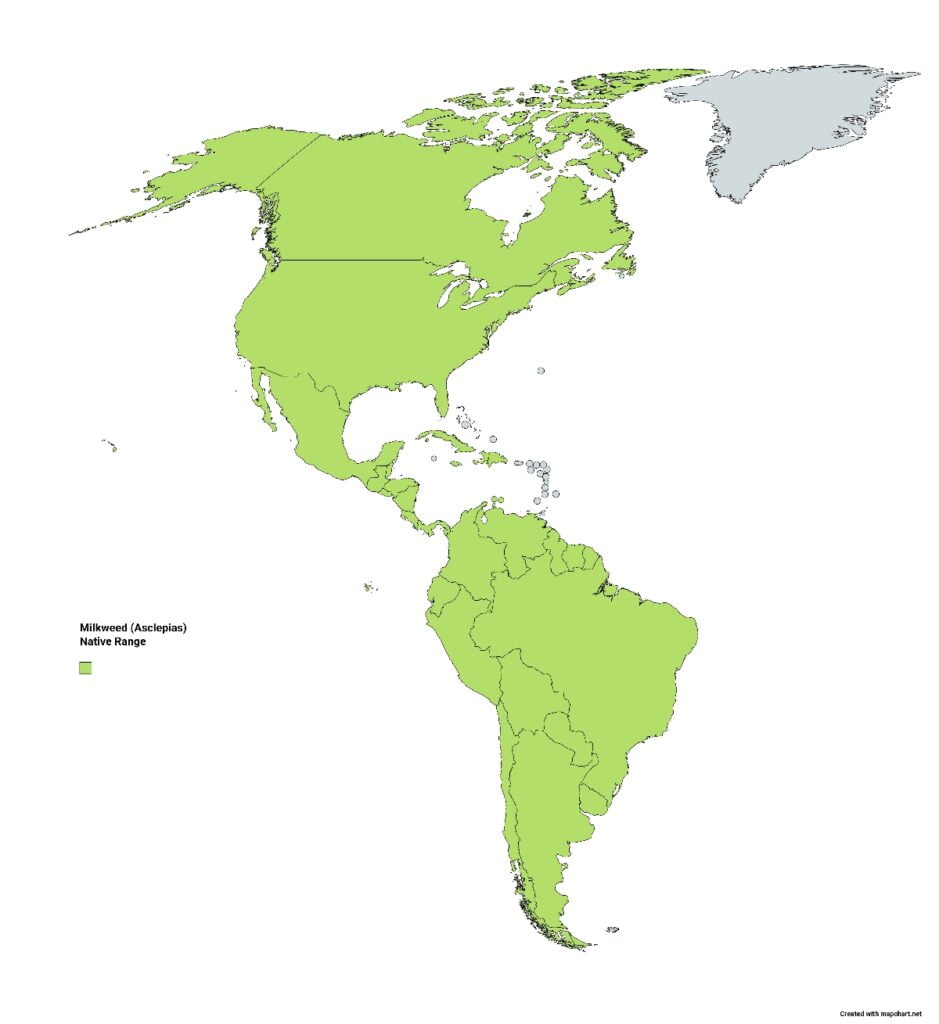
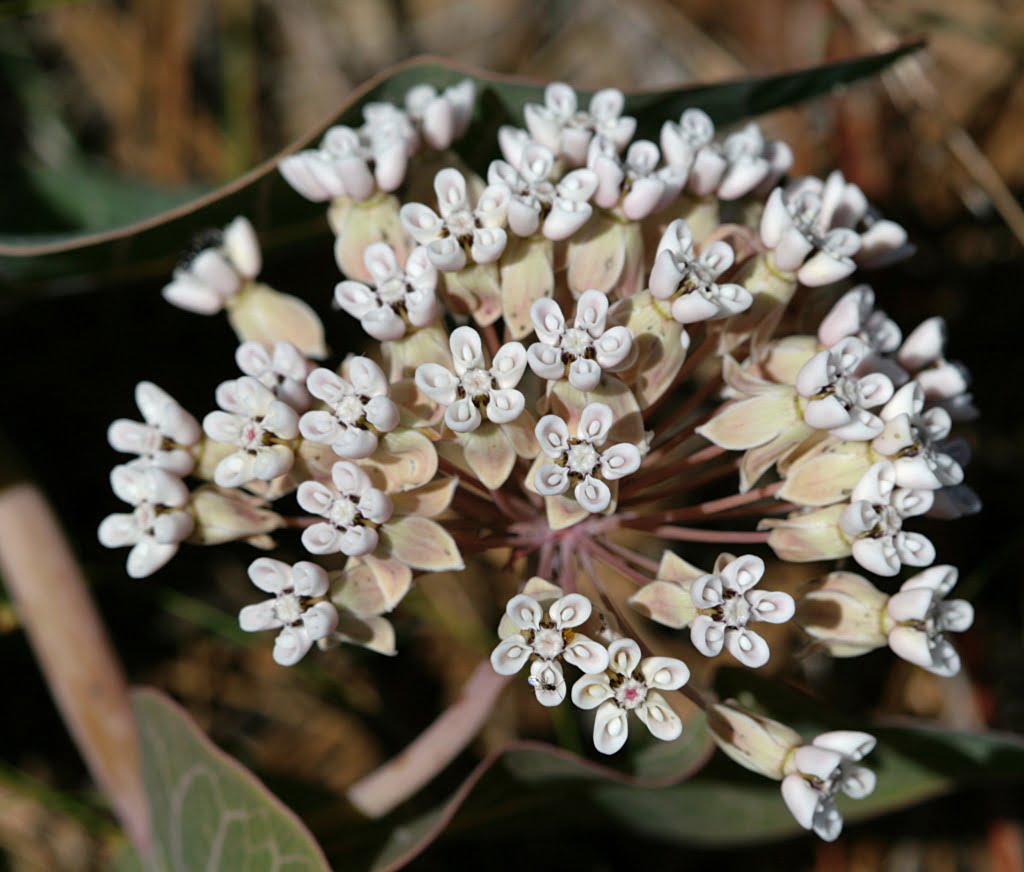
20 Florida-Native Sandhill Milkweed Seeds Ascslepias Humistrata Pinewood Milkweed
With Johnny Butterflyseed’s Sandhill Milkweed seeds, you’re not just planting flowers; you’re cultivating a living mosaic of nature’s marvels. Florida Native.
2. Decline in Milkweed Populations
Urban development, agriculture, and the use of herbicides have led to a significant decline in milkweed populations across North America. This loss of habitat is one of the main factors contributing to the alarming decline in Monarch butterfly populations.
3. Supporting Other Pollinators
Milkweed is not only vital for Monarchs but also serves as a nectar source for various other pollinators, including bees, hummingbirds, and other butterfly species. More Milkweed means a richer and more diverse pollinator habitat.
4. Ecological Restoration
Milkweed plays a role in soil stabilization and water filtration. Planting Milkweed can contribute to ecological restoration, especially in urban areas where native vegetation has been disturbed or removed.
5. Cultural and Educational Significance
The Monarch butterfly migration is one of nature’s most spectacular phenomena. Encouraging Milkweed growth helps preserve this migration, offering educational opportunities and promoting a cultural appreciation for nature’s wonders.
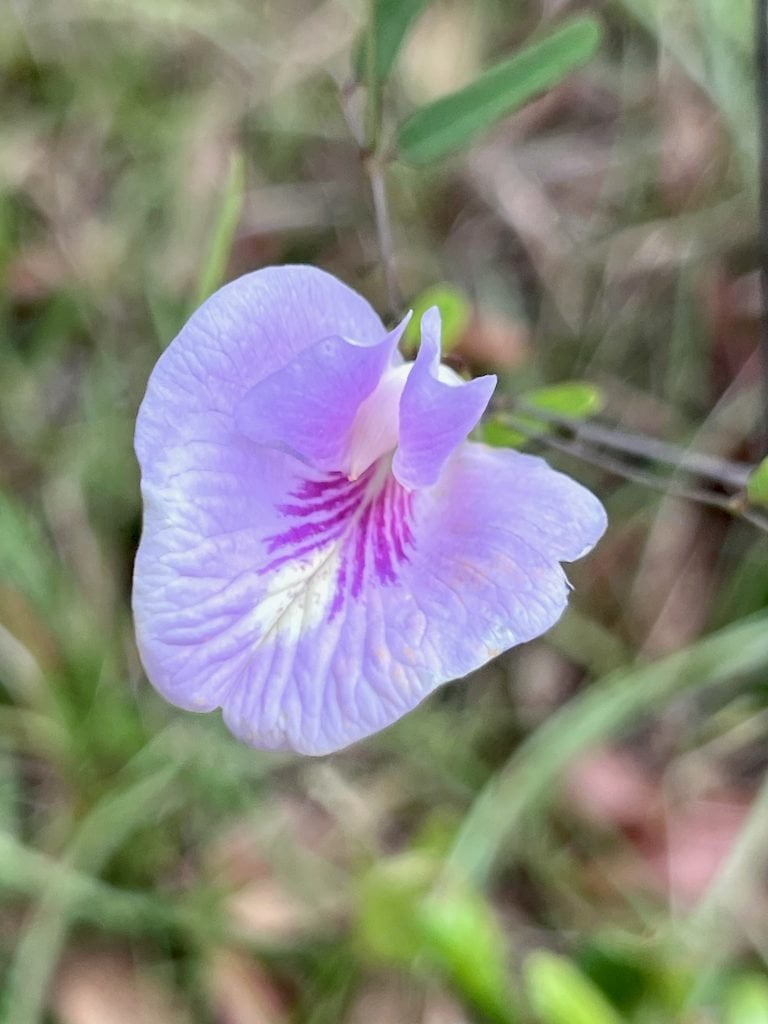
2 Sweet-Scented Pigeonwings (Clitoria Fragrans) Seeds – Florida Native – FL ONLY
Clitoria fragrans is a rare species of flowering plant in the legume family known by the common name pigeon wings, or sweet-scented pigeon wings. It is endemic to Central Florida and is listed as federally endangered. If you think you can grow one, then you can help Johnny on his mission to restore endangered species… one day at a time!
6. Flexibility in Planting
Milkweed seeds can be planted in gardens, along roadsides, in parks, or even scattered in wild areas where it naturally occurs. This flexibility makes it an accessible conservation tool for professionals and ordinary citizens alike.
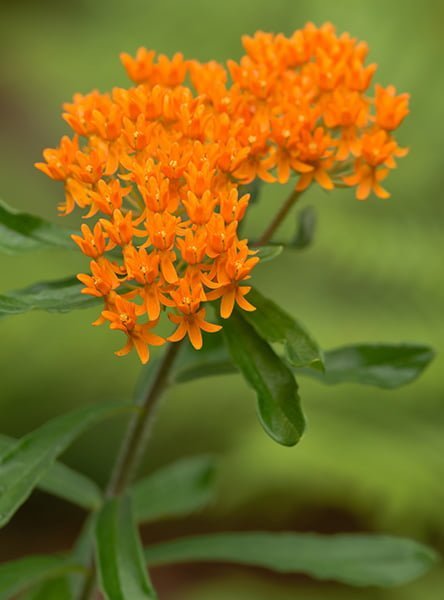
250 Butterfly Milkweed Seeds (Ascslepias Tuberosa) for North America
More than one full gram of Butterfly Milkweed Seeds (Asclepias tuberosa). Attracts Monarchs. Origin Kentucky. USDA Zones 3-8.
Conclusion
Plant More Milkweed—even just scattering seeds in suitable locations—is a simple yet powerful action that can have profound ecological benefits. It’s a step toward preserving biodiversity, enhancing ecosystems, and connecting people with the natural world. By fostering the growth of this vital plant, we’re not just saving butterflies; we’re contributing to the overall health and sustainability of our environment. Whether you’re a conservationist, gardener, or someone who simply appreciates the beauty of butterflies, planting Milkweed is an act of stewardship that can make a lasting impact… one day at a time!
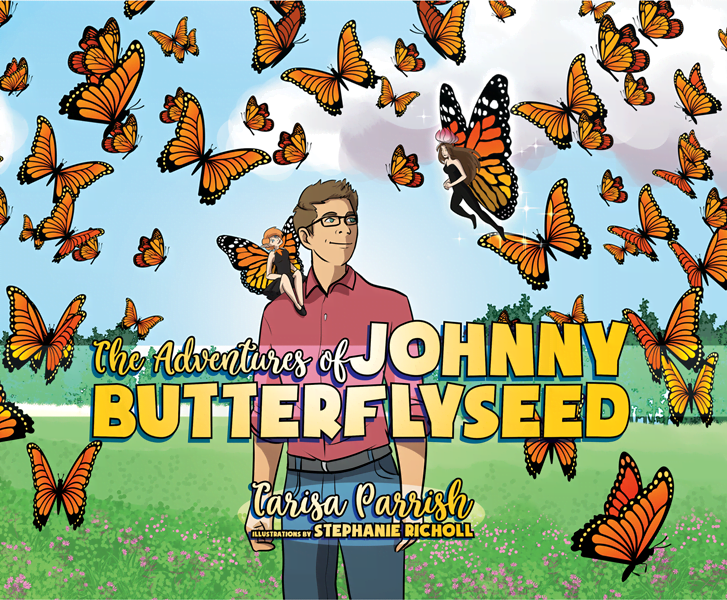
The Adventures of Johnny Butterflyseed – Author Signed First Edition Children’s Book
Save the monarchs!
Johnny Butterflyseed and his fairy friend, Raven Silverwing, embark on a mission to save the rapidly disappearing butterflies. They enlist the help of Queen Venus Goldwing and her kingdom of monarchs to educate and inspire kids to become butterfly farmers. At first, Johnny faces his own internal struggle with self-doubt and fear in his ability to make a difference, but then soon develops a mindset that allows him to not only get started, but also make progress one day at a time. Through challenge after challenge, Johnny learns that he is not alone in his mission and that there are many people who want to help. Together, Johnny, Raven, and Queen Venus educate thousands of children on becoming butterfly farmers.
